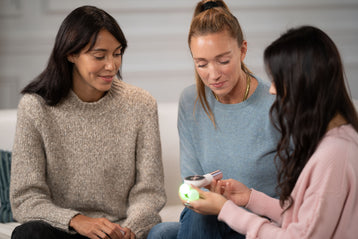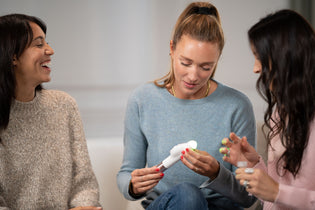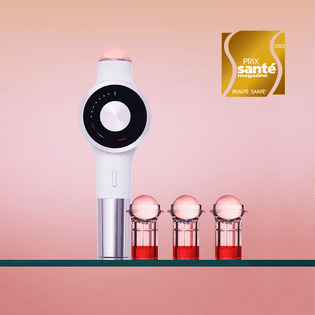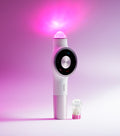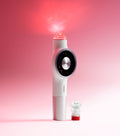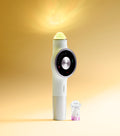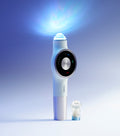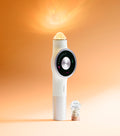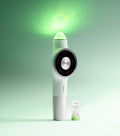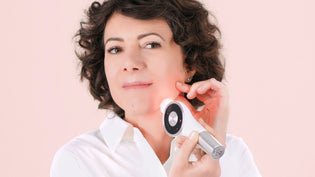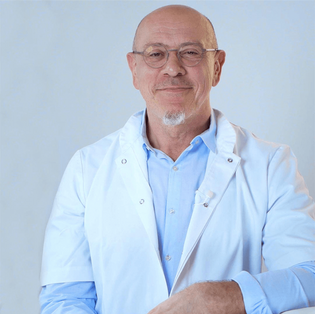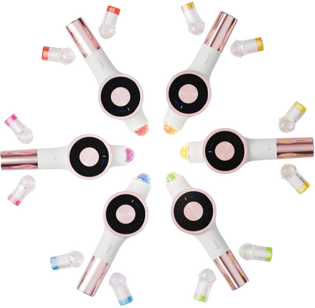Inflammatory acne is a common skin disorder that can be frustrating, painful and negatively impacts self-confidence. Although the exact causes of inflammatory acne are not fully understood, it is important to know that there are effective treatment options to help reduce symptoms and improve the appearance of adult women's skin. In this article, we'll look at the causes of inflammatory acne, the different treatments available, as well as tips for preventing inflammatory acne breakouts. Whether you are prone to inflammatory acne or are simply looking for ways to prevent its appearance, you will find useful information here to have healthy skin and avoid scarring.
Where does inflammatory acne come from?
The causes of acne are multiple. If you have lesions, pimples or comedones on your face, these inconveniences are undoubtedly due to several factors. These different manifestations often appear at the same time as a hormonal change. Women are prone to it during puberty, during menstruation, during pregnancy, etc. Stress and fatigue can also be responsible for your inflammatory acne. They tend to cause excessive sebum production. When the skin can no longer regulate this excess, the excess sebum blocks the pores of the skin. The ideal conditions for the appearance of pimples, lesions and comedones on the face.
What are the differences between inflammatory acne and retentional acne?
Retentional acne is characterized by open comedones (blackheads) or closed comedones (whiteheads). These lesions are generally benign and do not cause an inflammatory reaction. In contrast, inflammatory acne involves red, painful lesions that may be associated with papules, pustules, or cysts. Inflammatory acne is caused by inflammation of the skin in response to bacteria in the pores. Although this skin condition is often more visible and more difficult to treat than retentional acne, it can be managed with appropriate skin care products and medication treatments. If you suffer from inflammatory acne, it is important to consult a dermatologist to determine the best treatment for you.
What treatment for adult acne?
Treatment for inflammatory acne can vary depending on the severity of the condition, but common approaches include the use of topical products such as creams, gels, or lotions. These products contain antibacterial agents or retinoids. In more severe cases, a dermatologist may prescribe drug treatments, such as oral antibiotics, oral contraceptives, or isotretinoin. This has an anti-inflammatory action and prevents future acne breakouts in adults. In addition to medication treatments, a regular facial care routine can help prevent acne reaction. This may include regularly cleansing the face with gentle products, using non-comedogenic products, and avoiding products that can irritate the skin.
Pimples, blackheads: is the sun really the right treatment?
Many women with acne-prone skin often turn to the sun to treat their pimples and blackheads. Although the sun can have a temporary effect and make skin appear healthier, it can actually make this acne tendency worse in the long run. UV rays can cause damage to the skin and increase the inflammatory outbreak of acne. Additionally, some inflammatory acne treatments can make skin more sensitive to the sun, increasing the risk of sunburn and other skin damage. It is therefore important for all women looking for an effective topical treatment to seek out suitable skincare, rather than relying on the sun as a treatment for acne.
Adult acne: get rid of it with a triple action program
Are you tired of your acne breakouts and looking for truly gentle and effective skin care?
The Lightinderm Purit y program is suitable for different skin types. Thanks to the combined action of its light, serum and tissue massage, the program is able to reduce imperfections and pore size after 14 days. Your acne-prone skin is soothed. The blackheads disappear little by little and do not come back. Your pimples are fewer and disappear too, leaving your skin prettier and healthier.
Purity also acts on sebum production, which it regulates, and on shine, which gradually fades. Your oily skin breathes better, and this is visible after just two weeks of treatment. A
must for acne breakouts!

